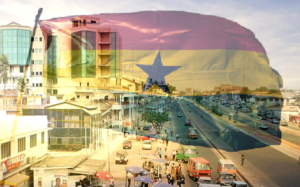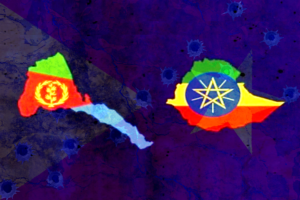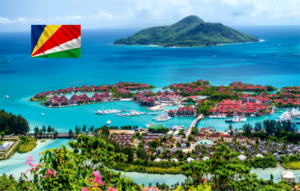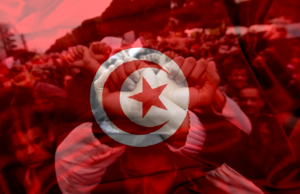Kenya Mourns Raila Odinga in A Farewell Bid that Shakes the Nation’s Soul
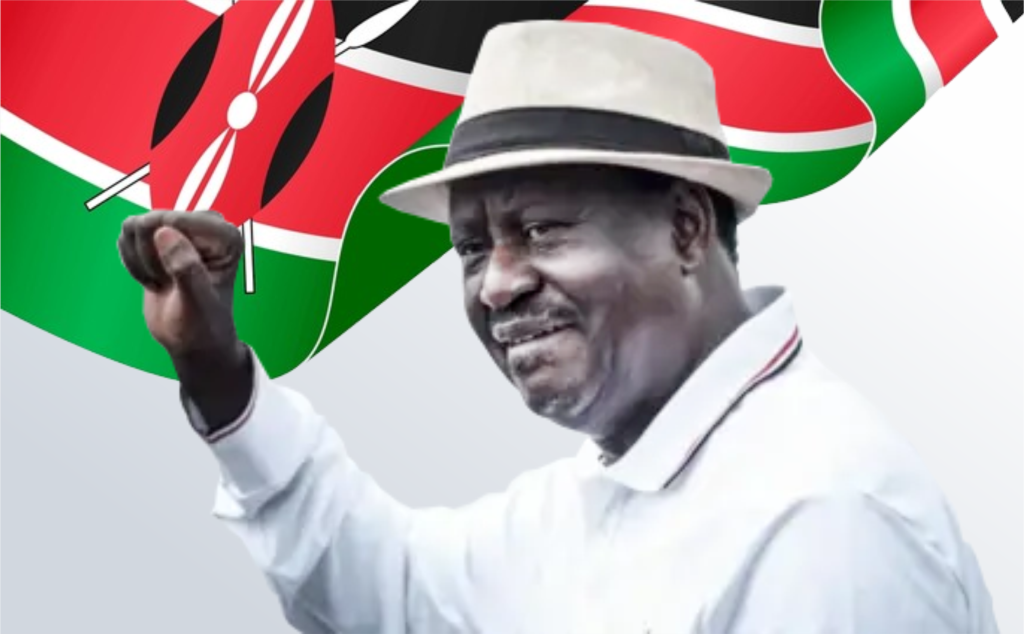
Nairobi, Kenya came to a standstill on Friday as the nation bade farewell to former Prime Minister Raila Amollo Odinga, the veteran opposition leader and reformist who died earlier this week in India at age 80. The state funeral, held at Nyayo National Stadium in Nairobi, drew thousands of mourners and an array of African heads of state, reflecting a towering figure Odinga cutting across generations and borders.
The ceremony, marked by military honors and Anglican hymns, was a moment of collective grief and reflection. Mourners waved portraits of Odinga and raised twigs in a Kenyan symbol of peace, as choristers sang songs of unity. Yet beneath the solemn tributes lay deep currents of emotion, revealing how Odinga’s death has touched nearly every layer of Kenyan life. This assumed as a family’s private loss and a nation’s public grief.
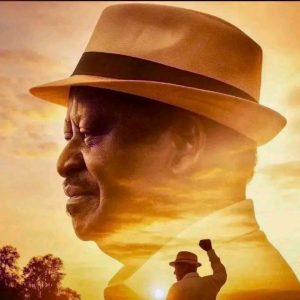
![]()
Odinga’s family beheld the farewell as a terrible pain and loss. The Odinga name has long stood as both political dynasty and democratic symbol, beginning with his father, Jaramogi Oginga Odinga, Kenya’s first vice president. The family’s grief unfolded under the gaze of millions, reminding many Kenyan families the burden of national loss in a time like this.
Odinga’s funeral was immersed in Kenyan tradition and symbolism, uniting ethnic, religious, and generational divides. In a country often tested by tribal politics, the outpouring of love and sorrow became an act of national healing. Yet, the deadly stampede during Thursday’s public viewing, where more than three people were killed and several injured, exposed the fragile tension between devotion and disorder in moments of shared mourning.
President William Ruto who was once Odinga’s fiercest rival, praised him as “a leader whose courage inspired change and whose vision shaped destinies”. Their complicated relationship from being allies in 2007 to bitter opponents and, finally political partners in recent reconciliation talks, reflects Kenya’s evolving democracy, built on both rivalry and compromise.
Odinga’s political journey marked by five presidential bids and decades of activism transformed Kenya’s democratic landscape. His death now forces the country to ask who will carry forward his reformist spirit, and whether the fragile peace between government and opposition can endure without his moral presence; and even in business and economic overtones.
In the business community, Odinga’s passing has stirred uncertainty and introspection. Known for his advocacy of equitable economic reforms, he was often the voice of those left behind by Kenya’s rapid growth. Kenyans and critics say his death may rekindle debates on wealth inequality, unemployment and the unfinished business of national cohesion.
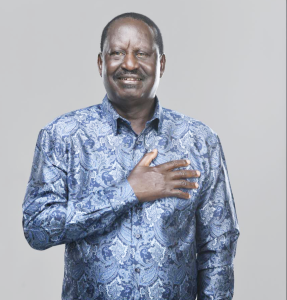
Odinga’s body laid in state parliament, before being transported to Kisumu, his ancestral home in Bondo, where he will be buried today Sunday. This is a rare honor for a non-presidential personality. His request for a swift burial, within 72 hours defied Kenya’s usual extended mourning rituals, which is often a final act of humility from a man whose life was anything but ordinary.
As the sun set over Nairobi’s skyline, Kenyans left the stadium in quiet reflection within, but in scampering procession. The chants had faded, but the sense of collective loss lingered. In the minds of many, Odinga’s departure transcends the end of a political era to a test of Kenya’s ability to honor his dream a united and democratic nation.


